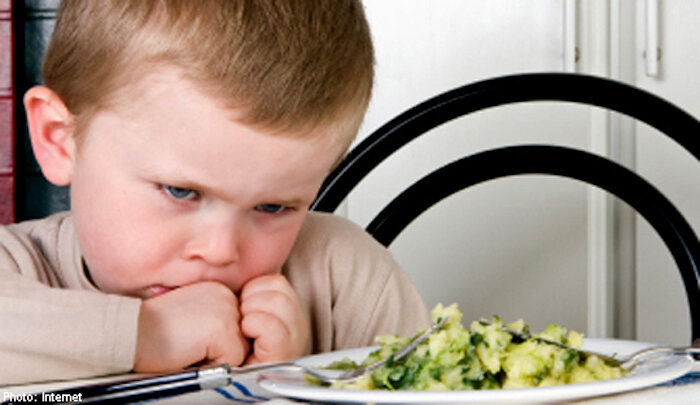There are way too many gimmicks and gadgets these days when it comes to parenting. I’m afraid that even though there may be good intentions, makers of these “solutions” don’t see the unintended consequences of what they are trying to promote through their product or service. Parents who are struggling with the day-to-day challenges of raising young children can easily fall prey to those offering products that promise to solve their parenting challenges.
I recently heard about an app that parents can use to get their children to eat. This app requires that your child stays engaged with the app during their meal and encourages your child to eat by offering them rewards as they continue to take each bite. I’m not sure if you read my post on the dangers of using Threats and Bribes or Sticker Charts but it is very clear that this “solution” is just another quick fix that will ultimately backfire. Kids don't need rewards or apps to teach them to eat and enjoy a meal with their family; they need parents to model healthy eating habits!
If you want your child to eat and engage in family meals there are many things you can do. Here are just a few things we suggest you keep in mind around encouraging healthy eating habits:
1) Be Realistic! It is important to be mindful of how long your child is actually capable of sitting at a dinner table. For most young children, 10-15 minutes is their max. Be sure to only call your child to the table once the meal is served, otherwise, it limits the time they are able to focus on the meal presented.
Your job is to serve healthy foods, and your child’s job is to eat it! Forcing kids to eat food they don’t like creates resentment and increases their dislike of that food. It should be sufficient for them to say that they simply don’t wish to eat it. Children typically eat and grow physically at the pace that is right for their own body. They also have a keener sense of smell, taste, & texture than adults do. If you allow your child to spit out food they don't like, they are actually more likely to try it again. Normally it takes about 20 introductions before children accept or swallow a new food. If your child does not eat a lot or a wide variety of foods, please know that being an unpredictable or picky eater is the norm.
2) Give Your Child Control. Sharing power and control with your child will actually invite their cooperation and encourage them to eat the healthy foods you have prepared for them. Offer limited choices and let your child select things like what goes on their plate, the size of their serving, the color of the plate, what they have to drink, how they get to the dinner table, etc. In offering a limited choice, be sure to set the limit and provide only two choices that are acceptable to you. Do not offer choices you are not willing to follow through on or are not available. If your child does not choose, then choose for them in a calm voice and move on. Offering limited choices not only allows you to share control with your kids so that they want to cooperate, but it also teaches them to make decisions and when you do have a demand, they are more willing to comply.
3) Role Model and Stay Calm. Teaching through your actions is your most powerful tool for influencing your child’s eating habits. Your child will learn good eating habits by watching adults and imitating them. Making an effort to eat together & eat the same foods will encourage your child to try the foods you are eating. When your child is resisting and struggling with eating foods they don't particularly care for, it is important that you remain calm, casual, and matter of fact without emotion (don’t pass along your anxiety). If you start to feel frustrated with your child and your emotions begin to escalate, take a moment to self-soothe, take a deep breath, or take a break and try again.
Apps are not acceptable substitutes for parents and will not teach your child how to make healthy food choices for themselves. You are all your child needs to be a good eater! Don't let anybody tell you differently.




